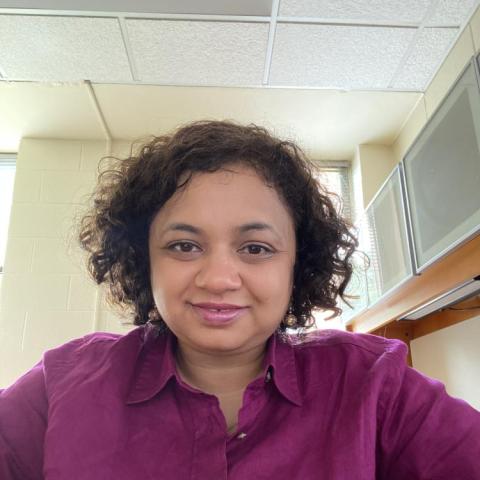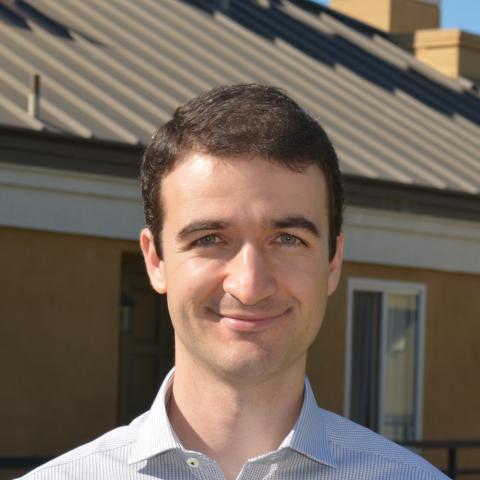Nicoleta Serban

Nicoleta Serban is the Peterson Professor of Pediatric Research in the H. Milton Stewart School of Industrial and Systems Engineering at Georgia Tech.
Dr. Serban's most recent research focuses on model-based data mining for functional data, spatio-temporal data with applications to industrial economics with a focus on service distribution and nonparametric statistical methods motivated by recent applications from proteomics and genomics.
She received her B.S. in Mathematics and an M.S. in Theoretical Statistics and Stochastic Processes from the University of Bucharest. She went on to earn her Ph.D. in Statistics at Carnegie Mellon University.
Dr. Serban's research interests on Health Analytics span various dimensions including large-scale data representation with a focus on processing patient-level health information into data features dictated by various considerations, such as data-generation process and data sparsity; machine learning and statistical modeling to acquire knowledge from a compilation of health-related datasets with a focus on geographic and temporal variations; and integration of statistical estIMaTes into informed decision making in healthcare delivery and into managing the complexity of the healthcare system.
- Data Mining
- Health Analytics
- Health Systems
- Platforms and Services
- Statistics









